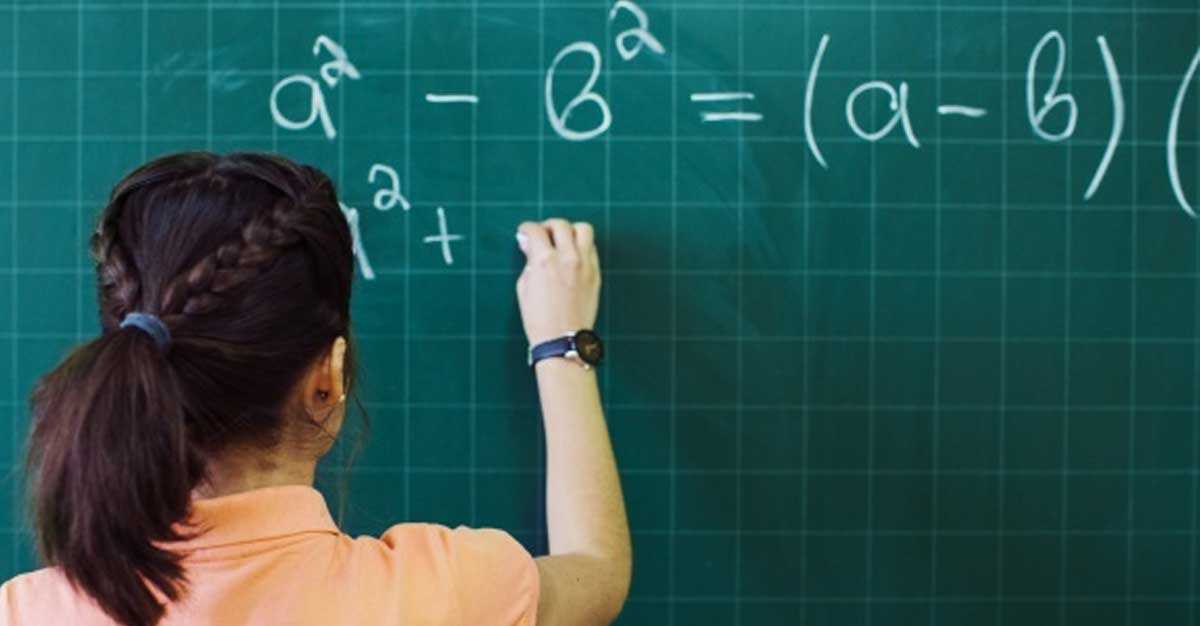I went to attend my daughter’s result day gathering at her school. Sitting there waiting for my turn I overheard more than twice some parents fretting over the result and asking for an explanation from teachers regarding the dreaded subject “MATHS”. Most of them seemed troubled about why their kid is not doing good in maths when he is good at all other subjects. Teachers seemed equally bothered and amidst all this chaos the poor student stood like a prisoner waiting for final decision.
- They use to count on fingers when their age mates can do without it.
- Difficulty in subitizing- a skill to recognize a group of three and five as you roll a dice.
- Lose track while counting.
- Difficulty in estimation.
- Word problems seem like a never ending struggle.
- Inability to relate numbers (1) to related words (one).
- They do not master basic operations easily like addition, subtraction, and multiplication like their age mates.
- Panic and anxiety upon dealing with maths work.
- They have troubles with fractions.
- Poor basic understanding of numbers.
- They are poor with reading clocks, telling time, counting money and use of graphs.


Treatment Options for Dyscalculia:
- Use of customized teaching plans for such kids taking into consideration their needs and difficulties they have.
- For parents and teachers, they recommend encouraging such students to practice a lot more than others to achieve good grades.






